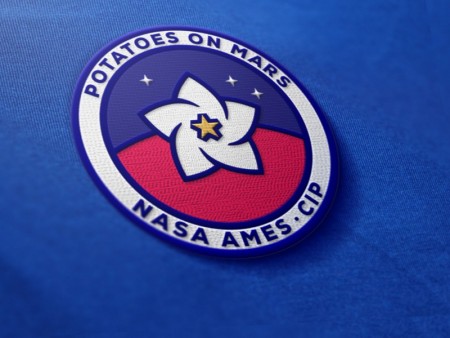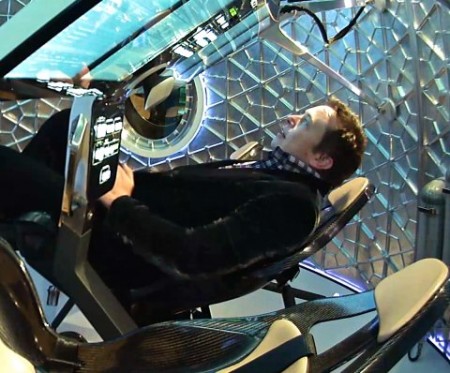February 17, 2016 – While Mars One has become quiescent of late, Elon Musk is once more pushing the envelope for a human mission to Mars by 2025. He is driven to:
- establish humans as a multi-planet species to ensure our survival should Earth face an extinction event
- satisfy the natural outward urge of our species always looking to a new frontier
- seek a project to inspire us in the same way the Apollo Program excited an entire planet back in 1969
Musk is an entrepreneur and to some degree an adolescent dreamer backed by a billion dollars of his own money. He grew up with Star Trek and it shows. The billions he has made are letting him create the foundations for his version of a Star Trek future.
SpaceX, one of his many companies will in October of this year, announce a next generation launch system. Musk has built a space capsule for human flight called Dragon Version 2.0. It will be used in 2017 to ferry crews to the International Space Station. A Dragon Version 3.0 may be part of October’s next generation announcement and will probably be the first step toward development of a human-crewed interplanetary system designed to travel to Mars.
There are many challenges remaining before Musk can make this dream a reality. He is hedging his bets by supporting Mars One. That program plans to land human colonists on Mars during the 2020s in a one-way trip. Musk sees it differently. He wants to colonize Mars but envisions a Martian-Earth enterprise with travel between the two planets. But whether it is Mars One or Musk’s mission it is clear that humans will need to fend for themselves on the Red Planet. And that means growing their own food.
Mars One has been looking at this challenge and so has NASA. The latter in partnership with CIP, Centro Internacional de la Papa, the International Potato Center in Peru, are teaming up to grow potato clones in soil samples taken from the Atacama Desert, the closest equivalent to Mars here on Earth.
In the movie The Martian, Mark Watney, a stranded astronaut, survives partially by growing potatoes in a pressurized habitat on the Martian surface. Watney has both an engineering and botany background and knows enough to succeed in this venture.
The NASA and CIP initiative is one where science imitates art. It is focused on planting a lowland tropic virus-resistant potato which ripens in 90 to 100 days. The potato is both high temperature and drought tolerant.
“The soils of the Atacama and Mars….have extremely low levels of microorganisms and organic material as well as high levels of oxidizing chemical elements,” states Julio Valdivia-Silva, a Peruvian microgravity and space biology researcher. Don’t jump to conclusions here. No microorganisms have yet to be identified on Mars. But oxidizing chemicals like perchlorate are abundant.
If the potatoes successfully grow the next phase of the experiment will involve freezing the harvest to keep them from germinating. The reason for doing this is to simulate a nine month window for transporting the potatoes from Earth to Mars for replanting.
The final phase is planning to try and grow the cloned potatoes in CubeSats in orbit around Earth. This would partially mimic conditions on Mars. The CubeSats could mimic Mar’s low atmospheric pressure. And they would also show how well the potatoes grow in micro-gravity, a fraction of the gravity experienced on the Martian surface.
Why do this experiment in Peru?
Because this country is home to the potato. It originated here and today the country grows 4,000 different varieties. So who better to experiment with potato growing. And who knows how the results will be applied, not just to future potato farming on Mars, but also to growing them here on Earth.


















